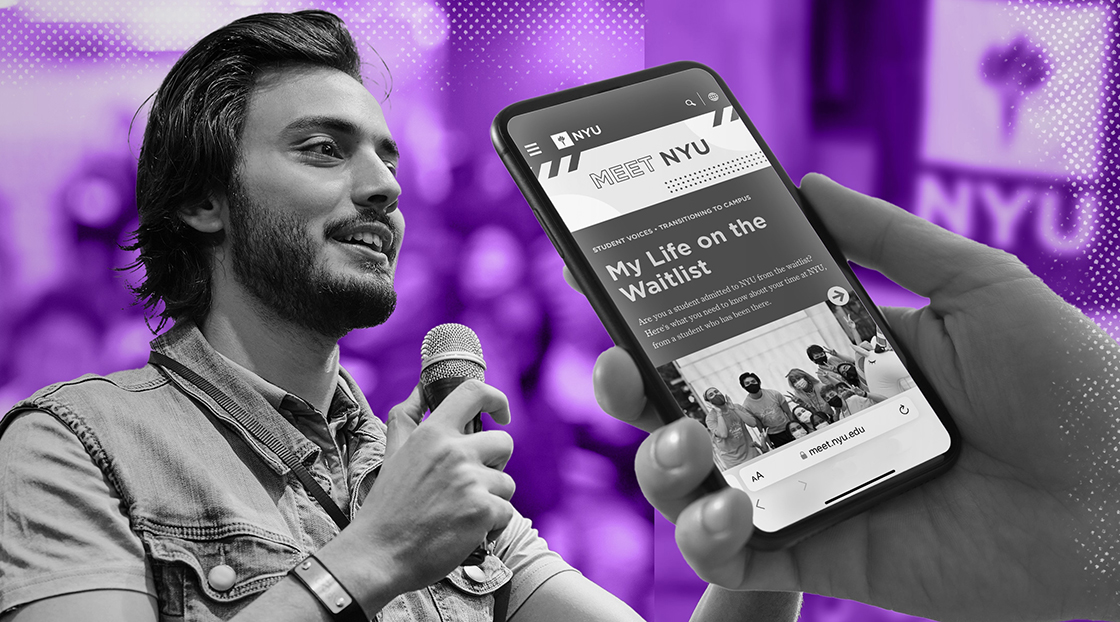“Narrative thinking means being aware of the sea we swim in. It means understanding that stories comprise a distinct mode of thought, one that’s every bit as valid and important to understand as logic and reasoning—and that comes far more naturally to us.” -Frank Rose
With Generation Z fading into the world of work and Gen Alpha still being defined, it’s become imperative for higher ed to find new ways to engage students who have been deeply impacted by the pandemic. Moreover, the looming enrollment cliff only adds to the pressure on marketers to adapt to the changing landscape. In this new era of marketing, flexibility and distinctiveness are key, and marketers must be willing to abandon rigid marketing plans in favor of more fluid strategies. However, amidst all these challenges, one thing remains constant: the power of storytelling.
By listening to and telling stories, marketers can forge deeper connections with their audiences and navigate these uncertain times with greater ease. According to Frank Rose’s most recent book, “The Sea We Swim In: How Stories Work in a Data-Driven World” (now required reading for my team), humans think in stories, and they are crucial in making sense of the world. Rose states that narrative thinking is “the difference between sending out a press release and viewing everything your organization does as part of an ongoing narrative.”




